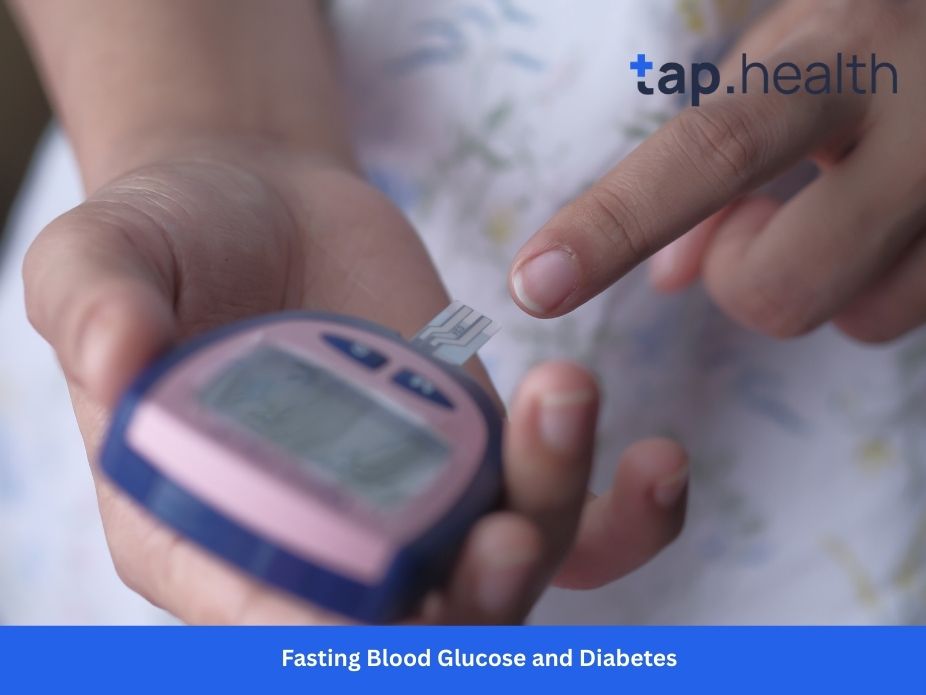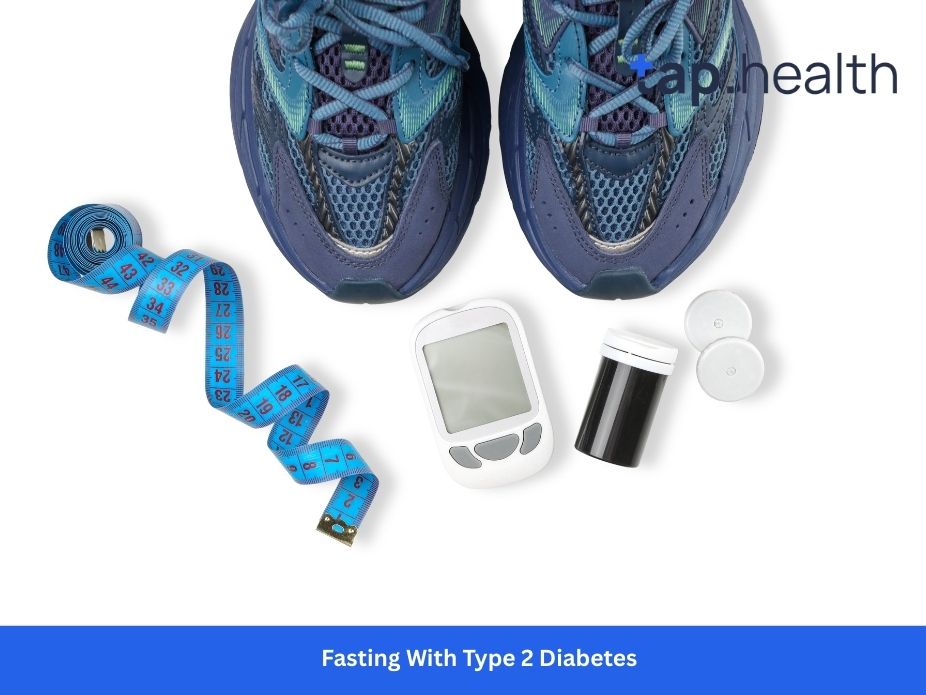Plasma donation is a lifesaving act that can help people suffering from severe burns, immune system disorders, or clotting problems. But if you have diabetes, you might wonder whether you’re eligible to donate plasma. The good news is that yes, you can donate plasma if you have diabetes, but there are some important factors to consider. This blog will guide you through the process, explain the requirements for diabetics, and provide expert tips to ensure safe donation.
What is Plasma, and Why is it Important?
Before diving into the details, let’s first understand what plasma is and why it’s so important. Plasma is the yellowish liquid portion of your blood. It carries water, salts, enzymes, antibodies, and other proteins throughout your body. Plasma plays a critical role in immune function, maintaining blood pressure, and transporting nutrients.
Plasma donation involves the extraction of this liquid portion from your blood, which is then used for various medical treatments. These treatments can benefit individuals with conditions like clotting disorders, burn victims, or patients undergoing chemotherapy. In some cases, plasma is used to manufacture immunoglobulin, which helps treat people with immune system deficiencies.
But, if you have diabetes, donating plasma can seem tricky. Let’s explore the eligibility criteria and factors that impact diabetics considering donation.
Can Diabetics Donate Plasma?
1. Well-Controlled Blood Sugar is Essential
One of the main requirements for anyone with diabetes who wants to donate plasma is that their blood sugar must be well-controlled. Plasma donation centers typically require donors to be in overall good health. For diabetics, this means that your blood glucose levels must be within a safe and stable range. If your blood sugar is too high or too low, it could disqualify you from donating until your levels stabilize.
Diabetics with poorly controlled blood sugar levels can face a number of risks when donating plasma, including the possibility of fainting, dizziness, or other complications.
2. Type 1 vs. Type 2 Diabetes
Whether you have type 1 or type 2 diabetes, the eligibility rules for plasma donation remain the same. Both types of diabetes can be managed effectively with medication (insulin for type 1 and oral medications or insulin for type 2), and people with well-managed diabetes can donate plasma. However, if your diabetes is not well-controlled, or if you have complications such as diabetic neuropathy or retinopathy, you may not be eligible to donate.
It’s important to remember that diabetes doesn’t automatically disqualify you from donating plasma, but the control and management of the condition are key factors.
3. Health Requirements
Plasma centers require all donors to be in good health before donation. This includes being free of any infections or health conditions that could make donating unsafe. If you are feeling sick, if your blood sugar has been fluctuating recently, or if you have any diabetes-related complications, it might be best to postpone your donation until your health is stable.
4. Medication Considerations
Many people with diabetes take medications to control their blood sugar. Some medications, such as insulin or metformin, are generally acceptable for plasma donation, but it’s important to inform the plasma center about any medications you’re taking. Certain medications may affect the eligibility of plasma donation, so always check with your healthcare provider beforehand.
You should also avoid donating plasma if you have conditions that require ongoing medication, such as hypertension, heart disease, or an active infection.
5. Age and Weight Limits
Plasma donation centers typically have standard age and weight requirements. Generally, you must be at least 18 years old and weigh at least 110 pounds to donate plasma. These requirements are the same for individuals with or without diabetes.
Read our blog – Does Lexapro Affect Diabetic Medicine?
Real-Life Scenarios: Can Diabetics Safely Donate Plasma?
Scenario 1: Maria’s Success Story with Type 2 Diabetes
Maria, a 48-year-old woman with type 2 diabetes, has been managing her blood sugar with a combination of diet, exercise, and medication. She’s always wanted to donate plasma to help others, but she wasn’t sure if her diabetes would disqualify her. After speaking with her healthcare provider, Maria learned that as long as her blood sugar was stable and her overall health was good, she could donate plasma safely.
Maria monitored her blood sugar closely before heading to the donation center and made sure she had a healthy snack to eat. After her donation, Maria felt fine and continued to donate regularly. She encourages others with diabetes to check with their doctor and donate plasma if they are eligible.
Scenario 2: John’s Experience with Type 1 Diabetes
John, a 34-year-old man with type 1 diabetes, had always been curious about donating plasma. His blood sugar is managed through an insulin pump, and he keeps a close eye on his glucose levels. After consulting with his endocrinologist, John was cleared to donate plasma. He made sure to hydrate properly and ate a balanced meal before donating.
John successfully donated plasma without any issues. He shares his experience to encourage other diabetics to check with their healthcare providers and donate plasma safely, as long as their diabetes is under control.
Expert Contributions: Insights from Healthcare Professionals
Dr. Sarah Williams, a physician specializing in diabetes care, explains, “People with diabetes can donate plasma, but it’s essential to ensure that your blood glucose levels are stable before and after donation. If your blood sugar is too high or low, you could face complications like dizziness or fainting during or after the donation.”
According to the American Red Cross, “Diabetics who have their blood sugar under control and are in good health can safely donate plasma. It’s always a good idea to consult your doctor before donating, especially if you’re on insulin or other medications.”
Additionally, the American Diabetes Association advises that blood sugar levels should be monitored regularly, and donors should ensure they are feeling well before donating plasma. Staying hydrated and eating properly before the donation process is also important for maintaining blood sugar stability.
For more information, check out the American Red Cross guidelines for plasma donation: Red Cross Plasma Donation.
Tips for Diabetics Who Want to Donate Plasma
1. Monitor Blood Sugar Levels
Before donating plasma, it’s crucial to check your blood sugar levels. If your levels are out of range, postpone your donation until your blood sugar is stable. A fasting blood sugar level between 80–130 mg/dL is considered optimal for plasma donation.
2. Stay Hydrated
Plasma donation can lead to mild dehydration, so it’s important to drink plenty of water before and after donating. This will help ensure that your body can handle the donation without complications.
3. Eat a Balanced Meal
A well-balanced meal before donating plasma is essential to prevent low blood sugar. Avoid donating on an empty stomach. Eating a meal with complex carbohydrates, protein, and healthy fats will help keep your blood sugar steady throughout the donation process.
4. Consult with Your Healthcare Provider
If you have diabetes, always consult your doctor before donating plasma. Your doctor will give you personalized advice based on your health, medications, and diabetes management.
5. Rest After Donating
After donating plasma, it’s important to rest and have a snack to help replenish your energy levels. Avoid strenuous physical activity immediately after donating, especially if you have diabetes, to prevent any sudden blood sugar dips.
Potential Risks for Diabetics Donating Plasma
While plasma donation is generally safe for people with diabetes, there are a few risks to keep in mind:
- Hypoglycemia (Low Blood Sugar) Donating plasma may sometimes cause low blood sugar, especially if you haven’t eaten properly beforehand. It’s crucial to check your blood sugar levels before donating and keep a source of glucose (like juice or glucose tablets) on hand in case of a drop in blood sugar.
- Dehydration Plasma donation can lead to dehydration, especially for those with diabetes, who are already at higher risk for dehydration. Make sure to drink plenty of fluids before and after your donation.
- Fatigue Plasma donation can leave you feeling tired, especially if you’re not well-hydrated or haven’t eaten a nutritious meal beforehand. Take time to rest and recharge after the donation.
Conclusion: Can You Donate Plasma If You Have Diabetes?
In summary, yes, people with diabetes can donate plasma, as long as their condition is well-controlled, they are in good health, and they follow the proper guidelines. By monitoring your blood sugar levels, staying hydrated, and eating balanced meals, you can donate plasma safely and help those in need.
If you have diabetes and are considering plasma donation, it’s always a good idea to consult with your healthcare provider to ensure it’s a safe option for you. With proper preparation, you can contribute to a noble cause while managing your diabetes responsibly.
Frequently Asked Questions (FAQs)
1. Can I donate plasma if I have diabetes?
Yes, you can donate plasma if your diabetes is well-controlled and you are in good health. Make sure your blood sugar levels are stable before donating.
2. What is the eligibility criteria for diabetics to donate plasma?
Diabetics must have stable blood sugar levels, be free of complications, and be in general good health. Age and weight requirements also apply.
3. Can I donate plasma if I take insulin?
Yes, you can donate plasma if you take insulin, as long as your blood sugar is well-managed and you meet the health requirements.
4. What should I do if my blood sugar is too high or low before donating plasma?
If your blood sugar is too high or low, it’s best to reschedule your donation until your blood sugar levels are stable.
5. Are there any risks for diabetics donating plasma?
The main risks include hypoglycemia (low blood sugar), dehydration, and fatigue. It’s important to monitor your blood sugar and stay hydrated before and after donating.
For more detailed information, visit American Red Cross Plasma Donation Guidelines.



